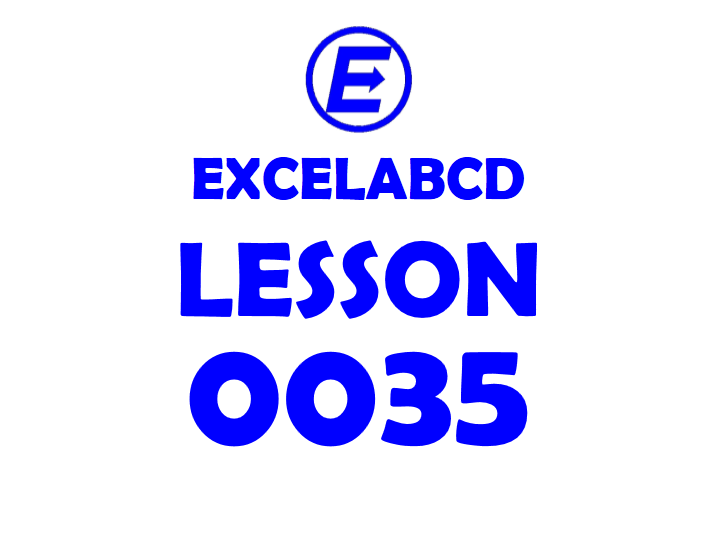Lesson#35: Decimal to Octal by DEC2OCT function

DEC2OCT converts the Decimal number system to the Octal number system.
Syntax of this function is DEC2OCT( number, [places] ) where number is the number in decimal format. [places] is optional, which specifies the number of characters that you want the returned octal number to have. If omitted returns the least number of characters required to represent the number.


Remarks:
- If Number is less than -536,870,912 (-2^29) or greater than 536,870,911 (2^29-1), DEC2OCT returns the #NUM! error value.
- If the Number is non-numeric, DEC2OCT returns the #VALUE! error value.
- If the result of DEC2OCT requires more than the number of specified Places characters, it returns the #NUM! error value.
- If places is not an integer, it shows #NAME? error.
- If Places is non-numeric, DEC2OCT returns the #VALUE! error value.
- If Places is negative, DEC2OCT returns the #NUM! error value.
Leave a Reply